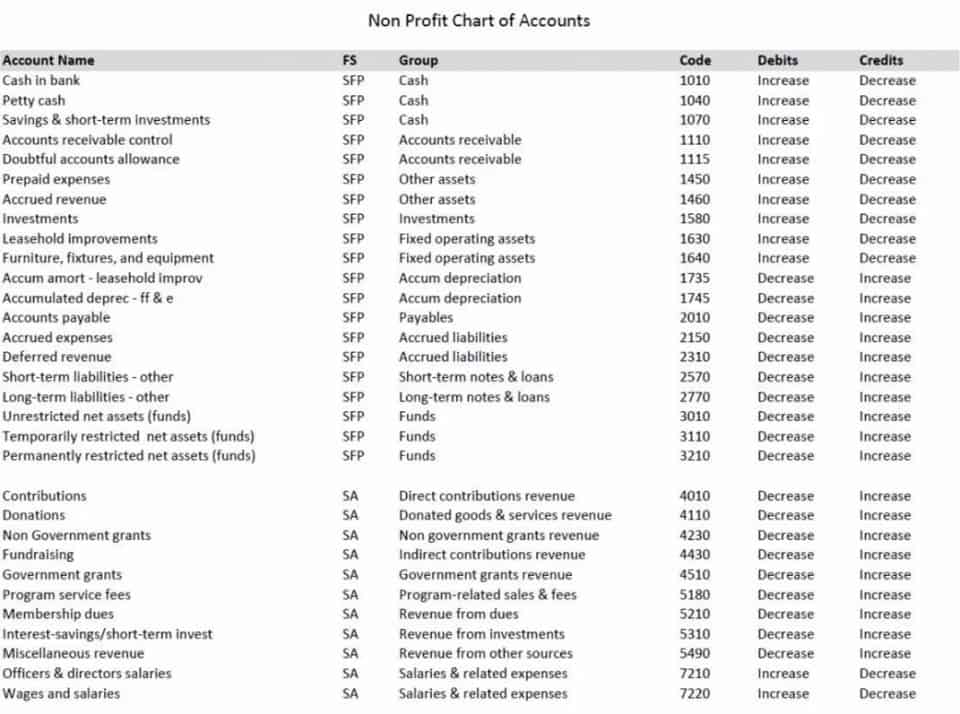
Here are a few key benefits of using project accounting in addition to general financial accounting in your business. Implementing project accounting is a must for service-based businesses to thrive. It fosters transparency, offering project managers the necessary insights for optimizing financial performance and achieving long-term project success.

With next-level accounting software like QuickBooks Online Advanced, project accounting is more streamlined and easier than ever. To scope the project, project managers and project accountants should work together, having time, costs, and resources all work in harmony. But how does one make sure that all estimates are accurate and milestones feasible? Forecast’s AI already helps to solve this kind of problem, by learning from past projects and making credible suggestions. Often, it’s relegated to the finance department and regarded as simply a way for management to keep tabs on resources.
What are the Principles of Project Accounting?
By tracking how much money is spent on different levels of a project, you can monitor how efficiently resources and expenditures are being used. Reports contain detailed information about the financial status of your project. They’ll help you communicate with stakeholders, such as investors or executive management.
The Best Business Accounting Software Services of 2024 – Business News Daily
The Best Business Accounting Software Services of 2024.
Posted: Thu, 25 Apr 2024 07:00:00 GMT [source]
Accounts payable in the general ledger includes all the unpaid bills from all your operations. If you’re a small company doing one big project for one customer, the general ledger may serve all your accounting needs. If you’re large enough to have lots of accounts payable, extracting information related to a single specific project is an impractical aspect of your vendor payment processes.
How to Write a Business Case: The Formula for Getting Project Approval from Stakeholders
The very precise, and often arbitrary, constraints imposed on accounting data by those regulations and standards often directly conflict with the requirements of internal stakeholders. This is especially true when it comes to the data (and timeliness) they need in order to make strategic decisions. The most common methodology for installing project accounting processes leverages existing accounting workflows and tools, such as Quickbooks or Xero.
- According to Project Management Institute, the scope of the project manager’s job is expanding.
- If fluctuations in utilization influence the cost of a project, it makes it more difficult to understand if a project has fundamentally gotten more or less profitable and why.
- This allows you to recognize revenue as it comes in instead of waiting until the end of a long project.
- Thus, both project accounting and standard accounting keep track of assets, liabilities, revenue, and expenses.
- Reports contain detailed information about the financial status of your project.
There are eight main project accounting principles that we’ve outlined below. Seeing that the actuals are different from planned, one might need to run a little investigation and unmount to what happens at the task level. Your project management accounting software probably has a feature that automatically relates if something is costing more than expected. It provides you with insights showing for which milestone or role you spent more than planned. On the other side, clients would either have their own fixed budget or ask you to give a rough estimate of how much a project is going to cost. It’s vital that project accountants have full understanding of all resources that go into their project.
The difference between project accounting and financial accounting
Project accounting is focused on tasks and projects with durations having a start and end date based on a project timeline. Enabling organizations to manage the cost, revenue and billing of a single project ensures that the entirety of the organization is managed in a consistent way. There are a number of solutions that exist on the market – and the one that will work best for you and your organization totally depends.
While project cost accounting is a necessary tool, it’s also a demanding one. You’ll need to track and record when the team spends money or earns revenue, compare project project accounting example budgets to projections, and make regular, frequent reports to management. Doing this process well takes even more effort and accuracy than regular accounting.
Progress Tracking & Billing Cycle Differences
Project accountants and project managers usually work together to achieve a shared goal — a successful project. Managing projects or programs can often be a challenge for project managers and accountants because they often juggle multiple projects coordinately. Instead of using accounting data, agencies can get accurate answers to the same critical questions from project, people, and time data—which projects are profitable and how you monitor budgets. Attempting to measure net profit forces the inclusion of constantly changing variables that have nothing to do with an individual segment of work when it comes to calculating its profitability. For example, agencies will try to attribute shared delivery expenses or overhead expenses to a client or project, despite the fact that neither of these expenses changes in relation to that project.
- This phase presents a crucial step for successful project accounting because it anticipates potential costs and sets milestones which have to be fulfilled.
- A successful business needs an efficient financing process that meets its specific needs.
- Regular accounting, on the other hand, typically involves tracking expenses and revenues at a higher level, which includes the overall cost of a department or business unit.
- Project accounting is a valuable tool that can help project managers and business owners manage their projects more effectively and make better decisions.
- Being able to minimize changes to the overall project roadmap will help to keep costs down.

